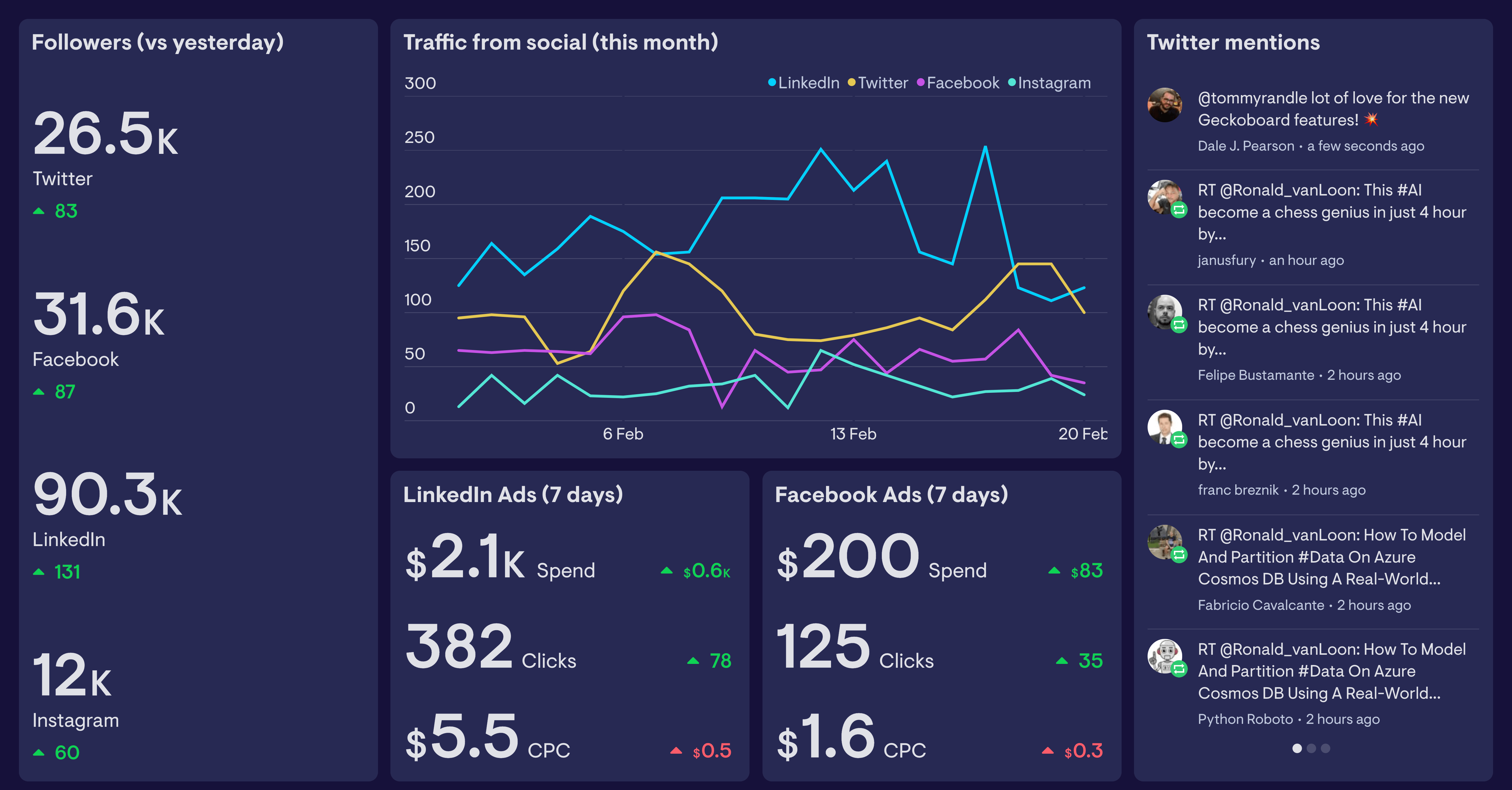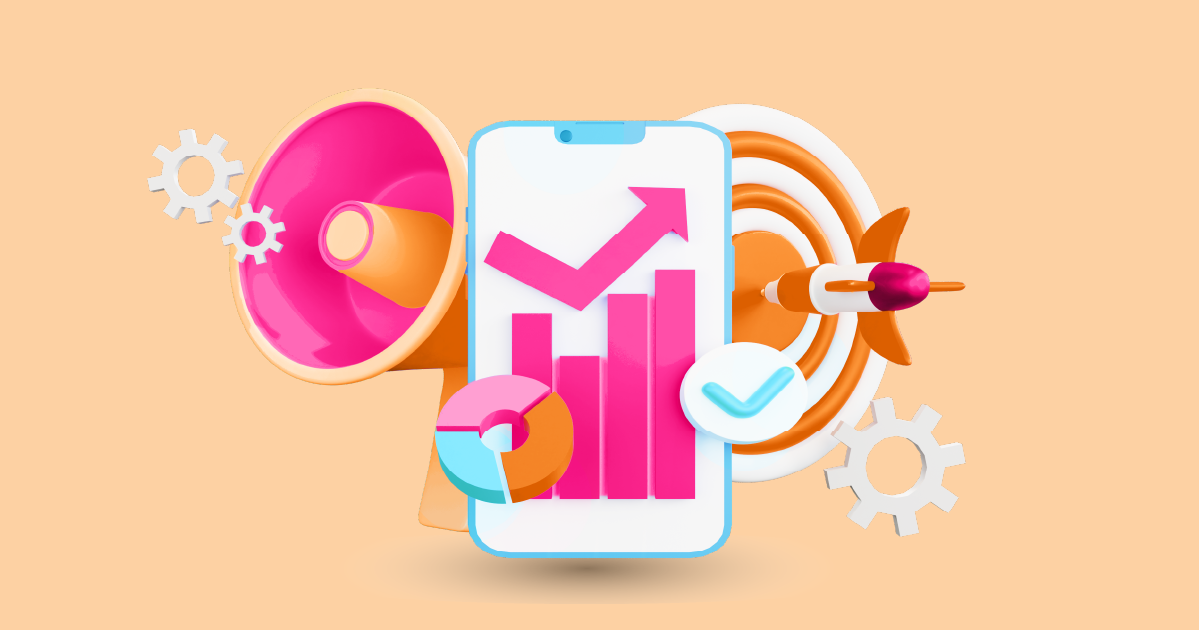Social media has become an integral part of our daily lives, shaping how we connect, share, and engage with the world. With the ever-increasing digital landscape, businesses and individuals alike are tapping into the potential of social media platforms. In this article, we delve into the realm of social media monitoring and analysis, exploring its significance, methods, and the profound impact it has on various aspects of our lives.
Understanding Social Media Monitoring and Analysis

In the vast ocean of social media, monitoring and analyzing data is akin to navigating through waves. It involves the systematic tracking, gathering, and interpreting of online conversations and interactions across social media platforms. This meticulous process provides valuable insights into user behavior, preferences, and sentiments, shaping effective strategies for businesses and marketers.
The Significance of Social Media Monitoring
1. Enhancing Brand Reputation
Social media monitoring allows businesses to keep a finger on the pulse of their online reputation. By tracking mentions and sentiments, companies can swiftly respond to customer feedback, resolve issues, and foster positive relationships, thereby enhancing brand credibility.
2. Understanding Audience Behavior
Analyzing social media data unveils a treasure trove of information about audience behavior. By deciphering patterns, businesses can tailor their content to match the preferences of their target audience, leading to higher engagement and conversions.
Methods of Social Media Monitoring and Analysis
1. Sentiment Analysis: Decoding Emotions
Sentiment analysis, a powerful tool in social media monitoring, dissects textual data to determine the sentiment behind it. By understanding the emotions expressed, businesses can gauge customer satisfaction, enabling them to adapt their strategies accordingly.
2. Social Listening: Embracing Conversations
Social listening involves monitoring online conversations related to a specific topic, brand, or industry. By actively participating in these discussions, businesses gain firsthand insights, identify trends, and establish meaningful connections with their audience.
The Impact on Business Strategies
1. Data-Driven Decision Making
Social media analysis equips businesses with actionable data. Informed decisions, backed by comprehensive analysis, empower companies to refine their marketing campaigns, optimize products, and enhance customer experiences.
2. Competitive Analysis: Staying Ahead
By monitoring competitors’ social media activities, businesses can identify gaps in the market, capitalize on emerging trends, and stay one step ahead. This competitive intelligence serves as a cornerstone for strategic planning and market positioning.
Conclusion
In the digital age, social media monitoring and analysis have emerged as indispensable tools for businesses aiming to thrive in the competitive landscape. By understanding the significance of these practices and implementing them effectively, businesses can unlock a world of opportunities, foster meaningful relationships, and drive sustainable growth.
Ready to take your social media strategies to the next level? Request a demo from AIM Technologies today and witness firsthand how our advanced analytics can revolutionize your online presence. Don’t miss out on the chance to stay ahead of the curve and make data-driven decisions.
Frequently Asked Questions
Q1: How often should businesses conduct social media analysis?
- A1: The frequency of social media analysis depends on the business goals. However, it’s advisable to conduct regular analyses, preferably monthly, to stay updated with the evolving trends and sentiments.
Q2: Is social media monitoring limited to businesses?
- A2: No, social media monitoring is beneficial for individuals, influencers, and organizations alike. It helps in understanding audience feedback and tailoring content to meet their expectations.
Q3: Can social media analysis help in crisis management?
- A3: Absolutely. Social media analysis can detect negative sentiments and crises early, allowing businesses to respond promptly, mitigate damage, and restore public trust.
Q4: What tools are commonly used for social media monitoring?
- A4: Popular social media monitoring tools include AIM Insights, Brandwatch, and Mention. These tools offer comprehensive features for tracking mentions, analyzing sentiments, and monitoring trends.
Q5: How does social media monitoring contribute to customer satisfaction?
- A5: By actively listening to customer feedback and addressing their concerns, businesses can enhance their products and services, leading to improved customer satisfaction and loyalty.




